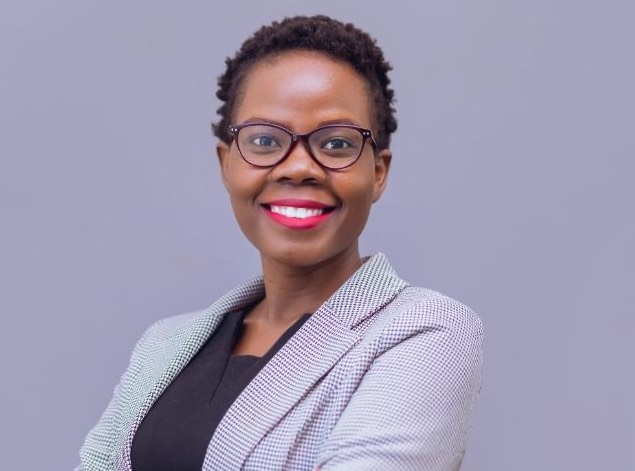Opinions
Sheila Aboth : Maternal healthcare must be everyone’s business because it takes a village
Motherhood is beautiful, but it’s not always easy. Somewhere between the excitement of that first scan and the moment you finally hold your baby, the world often forgets to check in on the mother. Everyone’s eager to meet the newborn; there are gifts, congratulations, and endless baby advice, but very few pause to ask, “How are you doing?”
For many mums, especially the first-timers, the journey can feel lonely, scary, and completely overwhelming. There’s so much love, yet not enough support.
Maternal mental health is facing a silent but urgent crisis. According to the World Health Organisation (WHO), approximately 15.6% of pregnant women and 19.8% of new mothers in low- and middle-income countries suffer from a mental health disorder, primarily depression. In severe cases, these conditions can lead to lasting suffering or even suicide.
In Uganda, the situation is particularly alarming. A recent systematic review and meta-analysis found that up to 43% of postpartum mothers experience postpartum depression, nearly half of all new mothers. Yet, many of these women delay or avoid seeking help due to financial strain, emotional burnout, and lack of a dependable support system.
Structural barriers, like long distances to health facilities, concerns over the quality of care, and deeply rooted cultural perceptions, only deepen the isolation. But this isolation doesn’t end with emotional discomfort; it carries serious clinical consequences. Maternal stress and untreated depression have been linked to lower birth weights, impaired infant development, and increased healthcare burdens on families and communities.
Traditionally, African culture championed communal parenting. Aunts, elders, midwives, and neighbours formed an unspoken alliance around every mother. But in today’s fast-paced, hyper-individualised world, that support system has crumbled. What was once instinctive, supporting a new mother, has become optional.
C-Care is renewing the foundations of care through “It Takes a Village.” C-Care is redefining maternal care. The campaign goes beyond medical appointments and ultrasound scans. It recognises that a mother’s wellness is not merely physical; it is emotional, psychological, and deeply social. This goes beyond a health campaign. It is a real, heartfelt response to a real problem: too many mothers doing it all on their own. It is a call to rebuild the kind of community where every mother feels held, heard, and cared for, because no woman should have to navigate motherhood alone.
At its core, “It Takes a Village” is a rallying cry. It invites all of us partners, employers, healthcare professionals, policymakers, and neighbours to show up. Because maternal care is both a mother’s burden and a societal responsibility.
If we are to build stronger families, healthier children, and more resilient communities, we must start by holding up the woman at the centre. A mother who feels seen, supported, and safe becomes a pillar of strength for everyone around her.
The writer, Sheila Aboth, is the Head, Brand and Client Experience, C-Care Uganda.
Comments


























